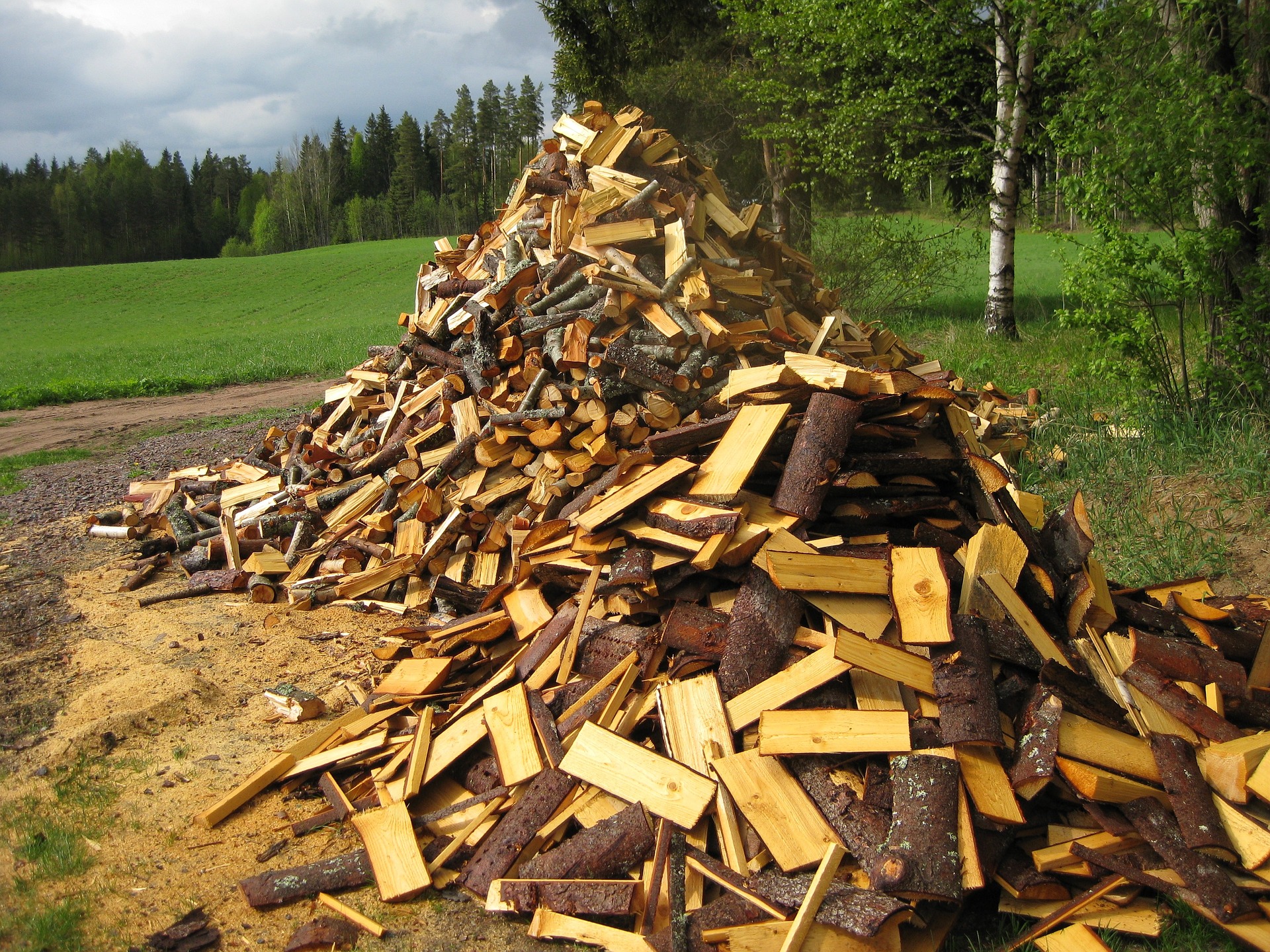Landowner carries the can on illegal waste
25-03-2019
An illegal waste wood stockpile on land in Devon has seen the landowner prosecuted and left with the clean-up bill after being held responsible for knowingly permitting the tenants’ activities.

25-03-2019
An illegal waste wood stockpile on land in Devon has seen the landowner prosecuted and left with the clean-up bill after being held responsible for knowingly permitting the tenants’ activities.

The tenants had leased the land for a wood recycling business, but none of the material that arrived on the site ever left, creating a 10,000-tonne stockpile covering the area of a football pitch. When the stockpile was destroyed in a massive fire which burned for five days, the Environment Agency prosecuted not just the tenants, but the landlord as well.
The action saw the landowner, Anthony Joyner from Totnes, fined £3,600 and ordered to pay £5,000 costs after pleading guilty to knowingly permitting the keeping of controlled waste on land where no environmental permit was in force, an offence under the Environmental Protection Act 1990. The Fire Service fought the blaze for five days and Joyner was ordered to pay the Devon and Somerset Fire and Rescue Service compensation of £4,250.
The site was a disused plant nursery which had a 1,000-tonne waste exemption. Waste disposal or recovery operations are either regulated, requiring an environmental permit, or exempt which do not require a permit, but are generally small-scale waste operations with a set limit, as in this case. If the exemption limit is exceeded on a site and no permit is obtained, the operator will be in breach of the Environmental Permitting (England and Wales) Regulations (2016) and have committed an offence.
Waste movements must be recorded and while there was no audit trail for most of the waste wood at the Cockwells Nursery site, the Environment Agency managed to obtain enough waste transfer notes from local companies to prove the site’s exemption limit of 1,000 tonnes had been exceeded and the business was operating illegally.
Said Cameron Green, company commercial expert with Ward Gethin Archer Solicitors: “We are seeing a much tighter approach to pollution control and performance in the waste sector. The Department for the Environment, Food & Rural Affairs (Defra) has recently announced a strengthening of the Environment Agency’s powers to raise standards within waste processing. They are also consulting on changes to the waste exemption regime to prevent it being used to hide waste crime, so things will only become tighter.
“This is not the first time that a landlord has been held responsible for knowingly permitting illegal activities by an operator and the courts are making it clear that knowingly means simply knowing that a waste operation is being carried out, not necessarily that it is unlawful, and permitting means failing to prevent, so ignorance is no defence.”
Cameron added: “Even tougher for landowners is that where an occupier stops trading and abandons waste, then there may be a further offence of knowingly permitting the storage of that waste, which continues unless and until the site is cleared. Regulators have powers to serve notices on landowners requiring the clearance of unlawfully deposited or stored waste and failure to comply can also result in prosecution.
“It means that any prospective or existing tenants who are operating in any waste-related activity need to be subject to due diligence beforehand and then monitored carefully during the tenancy. All licences and permits need to be checked at the outset, and then regularly reviewed, including being sure that proper auditing of waste movements is going on. If waste is coming in, but not going out, then warning bells should sound.”